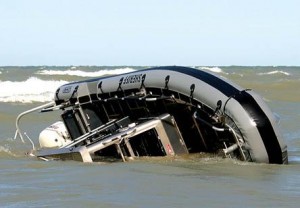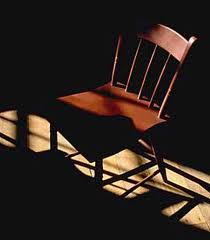Last week as Jack and I were walking on an extremely windy beach well after sunset, white water was a feast for the eyes and ears. But down the shoreline there was an alarming sight: the red and blue flashing lights of a police vehicle, right at the water’s edge. It was several miles away, but the distinctive blinking lights gave me the same chill as if I’d seen them in my car’s rear view mirror.
“Probably just crazy kids at a beach campfire,” I said to Jack. We continued walking, not thinking much about it, but over the weekend we learned more. While we were again at the beach, an official-looking dune buggy appeared from the north. The driver, bundled in a down coat, mask, goggles and earmuff-hat, stopped right next to us.
“What’s happening?” I said.
His answer shocked me. “We’re looking for a body to wash up here.”
Apparently three teenage boys and their kayaks had braved the high waves of a recent windstorm with a tragic outcome. Though all were experienced swimmers wearing wet suits, life jackets and helmets, once out in the churning waves, some as high as 14 feet, they capsized and were yanked under by vicious rip tides. One boy managed to get back to shore for help, and police arrived quickly, along with the coast guard. They were able to rescue the second boy and spotted the third clinging to his kayak, but before they could reach him, he slipped from his life jacket and disappeared under the waves.
While I was picturing that panicky scene, the beach official interrupted. “He’s dressed in black. If you see his body, call 911.”
Immediately my thoughts turned to this boy’s family. Their agony must have been compounded by knowing rescuers saw him in the water, still alive, still battling to hold on, yet couldn’t get to him in time. And surely he saw them trying.
In the ensuing search from the supposed safety of a $180,000 boat, even trained experts were overturned and landed in the hospital. “There were high waves from all directions,” one of the rescuers said, “and extreme rip currents. A rogue wave broadsided our boat and overturned it.”
Most of us wake up each morning confident we’ll crawl back into bed that night, but none of us knows for certain.
When Nate was terminally sick, we all knew death was close, which caused us to live and act differently. His rapidly changing appearance was a day-to-day visual reminding us to make the most of every hour. Valuable words flowed freely and loving touches were continuous, because we knew what was about to happen.
But normally, we don’t know. Mitchell Fajman didn’t know. Scripture says: “Why, you do not even know what will happen tomorrow.” (James 4:14) Although we acknowledge this in our heads, our busy lives say otherwise.
Oh, that we might all live today like there was no tomorrow, appreciating each other and each moment.
“You ought to say, ‘If it is the Lord’s will, we will live… and do this or that.’ ” (James 4:15)






